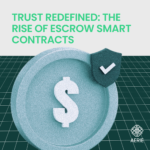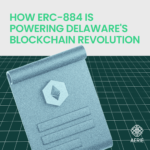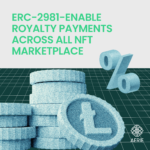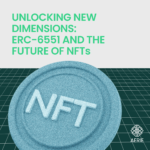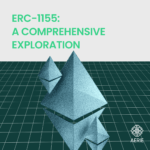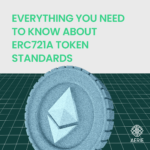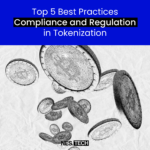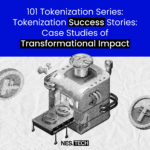NFT Innovation: Paving the way for Digital Real Estate
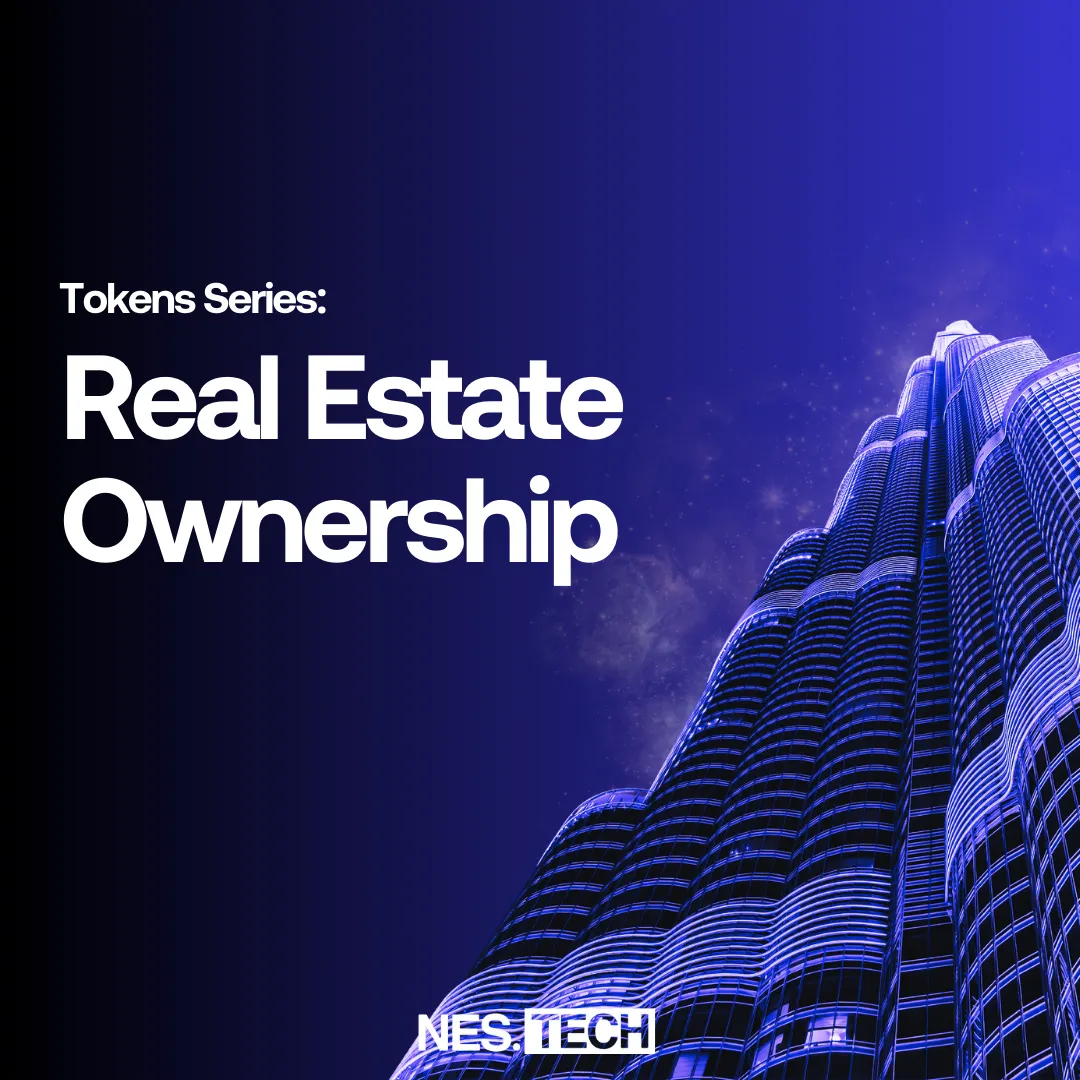
Welcome to the digital renaissance of real estate, where blockchain technology is not just a buzzword but a transformative force. Non-Fungible Tokens, or more commonly known as NFTs, are redefining property ownership and investment. This isn’t just about keeping up with trends; it’s about understanding a seismic shift. Have you ever wondered how exactly this new technology manages to redefine something as traditional and steadfast as real estate? Well, it all revolves around the tokens at the heart of this revolution.
A Quick Recap on Blockchain and Tokenization
Before we dive deeper, let’s take a moment for a quick recap. Blockchain is the technological backbone supporting this entire revolution. Essentially, it is a digital ledger, but one that’s incredibly secure, transparent, and decentralized.
Each transaction on this ledger is like an unalterable digital block, linked to the next, creating a chain — hence, blockchain. This technology is what makes the digital ownership of assets not just possible but also reliable and secure.
Think of it as the transformative process of turning something tangible, like a piece of real estate, into digital tokens. These tokens aren’t just digital representations; they carry the value, ownership rights, and specifics of the property.
In essence, tokenization fragments the ownership of real estate into digital shares, if you will. It’s like cutting up a cake into pieces, but instead of cake, it’s a building, and instead of pieces, you get digital tokens. This process is fundamental because it allows real estate to enter the digital realm, breaking down barriers to investment and opening up new avenues for property management.
Tokens: The Building Blocks of Digital Real Estate
When we talk about tokens and concepts like real estate and blockchain, it’s easy to get lost in technical jargon. So, let’s simplify it. Imagine tokens as digital certificates, much like the title deeds for property, but in the digital world. These tokens are unique, secure, and contain specific information about the property they represent.
Think of a token as a digital key to a house. Just like a key gives you access to a house and proves it’s yours, a token gives you access to certain rights and proves ownership or a stake in a digital asset, in this case, a piece of real estate. These tokens are stored on the blockchain, ensuring that they are secure, cannot be duplicated, and that all transactions involving them are transparent and immutable.
In our digital real estate world, these tokens come primarily in two types: ERC-721 and ERC-1155, each with its unique characteristics and uses:
ERC-721 Tokens
ERC-721 Tokens are like individual certificates for each property. Each token represents one specific property, with its unique details and ownership rights. It’s like having a customized key made just for one particular house. But what exactly makes these digital keys so revolutionary in the realm of real estate? Let’s break down some unique features that ERC-721 tokens bring to the table:
◾ Unique Property ID: Each ERC-721 token represents a distinct property, complete with a unique identifier. Think of it as a digital deed, specific to one property.
◾ Proof of Ownership: Holding an ERC-721 token is essentially holding a digital key to your property. It’s undeniable proof of ownership, securely recorded on the blockchain.
◾ Transferable Deeds: Selling or transferring property? With ERC-721, the process is as simple as transferring the token. It’s property conveyancing, reimagined for the digital age.
ERC-1155 Tokens
ERC-1155 Tokens can be thought of as master keys in the world of digital real estate. One ERC-1155 token can represent multiple properties, which is extremely useful for managing portfolios or properties with shared amenities. It’s like having one key that can open several different doors, each leading to different rooms of investment. But the capabilities of these ‘master keys’ extend far beyond just opening multiple doors. Let’s delve into the specific functionalities that make ERC-1155 tokens a game-changer in the realm of real estate:
◾ Property Bundles: ERC-1155 takes flexibility up a notch. It allows the management or purchase of multiple properties under a single token. This is efficiency at its finest.
◾ Shared Amenities: For properties with shared facilities, ERC-1155 can embed information about these amenities, streamlining management and access.
◾ Rent Collection: Imagine collecting rent from multiple tenants through a single token. ERC-1155 makes this possible, simplifying what’s traditionally a complex process.
How Tokenizing Real Estate Addresses Current System Flaws
The current real estate market, for all its glory and significance, is riddled with inefficiencies and barriers that prevent many from participating or capitalizing on potential opportunities. Tokenizing real estate through blockchain technology can address several of these issues, paving the way for a more democratic, transparent, and efficient property market. Let’s delve into the challenges of the traditional system and explore how tokenization can revolutionize the landscape.
◾ Liquidity Issues: Traditional real estate investments are notorious for their lack of liquidity. Once you invest in a property, turning that investment back into cash by selling the property can be time-consuming and unpredictable. For instance, a house in a slow-moving market might sit unsold for months or even years. Tokenized real estate, on the other hand, allows owners to sell portions of their property in the form of tokens, providing a more liquid market and quicker access to cash.
◾ High Entry Barriers: Typically, real estate requires a substantial amount of capital upfront. This has historically left many potential investors on the sidelines. Consider the young professional who has savings but not enough to buy a piece of property outright. With tokenization, this individual can purchase tokens representing a fraction of a property, effectively allowing them to invest in real estate with lower capital, democratizing the investment process.
◾ Complexity and Costs of Transactions: Traditional property transactions are mired in paperwork, intermediaries, and often unexpected fees. Buying a house? You might need to deal with real estate agents, banks, title companies, inspectors, and lawyers, each with their associated fees and timelines. Tokenization can streamline this process. Transferring ownership of a tokenized property can be as simple as transferring a digital token, significantly reducing intermediaries and associated costs.
◾ Geographical Limitations: In the conventional system, investing in overseas properties can be a daunting task, laden with bureaucratic hurdles, tax complexities, and unfamiliarity with local markets. Tokenization has the potential to transcend borders. An investor in Tokyo could potentially buy tokens representing property in New York, without ever setting foot in the US, breaking down geographical barriers and opening up global markets.
◾ Lack of Transparency: The age-old issue of property fraud, unclear land titles, and disputes have plagued the real estate sector. With properties represented on a blockchain (a transparent and immutable ledger), every transaction and ownership detail is recorded and can be audited. This reduces the chances of disputes and fraudulent activities.
Embracing the Digital Revolution in Real Estate
As we conclude our exploration into the fascinating world of NFTs and their role in reshaping real estate, it’s essential to recognize the profound impact this digital revolution is having. The integration of blockchain technology and tokenization in real estate isn’t just a fleeting trend; it’s a fundamental shift in how we perceive, invest in, and manage properties.
The beauty of this transformation lies in its inclusivity and accessibility. Whether you’re a seasoned real estate mogul or a newcomer to the investment world, the advent of tokenized real estate opens doors (quite literally) to opportunities that were once out of reach for many. The notion that you can own a fraction of a property across the globe, or manage multiple properties with a single digital token, was once the stuff of science fiction. Today, it’s a tangible reality, and it’s reshaping the landscape of property investment.
This digital renaissance in real estate isn’t just about convenience; it’s a movement towards transparency, security, and democratization. The immutable nature of blockchain ensures trust and integrity in every transaction. As we embrace this new era, remember that we’re not just witnessing a technological evolution but a redefinition of property ownership and investment that is more open, transparent, and accessible to all. Welcome to the future of real estate — a future where the physical and digital realms merge to unlock unprecedented potential.

